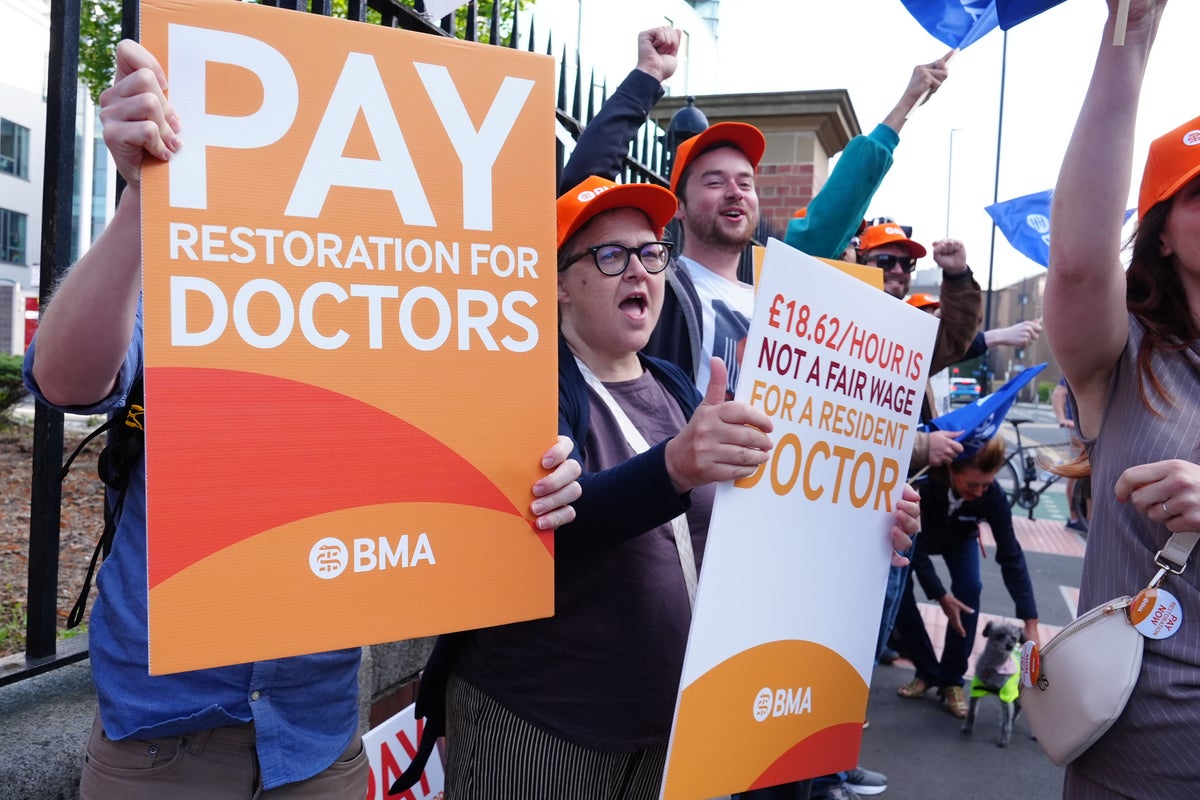
First-year doctors in England have voted in favour of strike action over job security fears.
The British Medical Association (BMA) said the ballot of first-year resident doctors saw 97 per cent (or 3,950) voting for strike action on a turnout of 65 per cent, providing a “mandate for industrial action alongside the linked dispute over eroded pay”.
According to the union, 34 per cent of resident doctors surveyed said they had no substantive employment or regular work from August 2025.
This rose to more than half (52 per cent) among FY2 (foundation year two) doctors.
The BMA said no strikes are currently planned, but current talks with the government on pay “will now have to produce a solution on jobs as well as the 21 per cent pay erosion resident doctors have endured since 2008 to avoid future action”.
Responding to the announcement, Resident Doctors Committee (RDC) chair Jack Fletcher (pictured above) said: “The result of today’s ballot makes it clear that the government will now need to step up to the plate.
“Doctors have [today] spoken clearly: they won’t accept that they face a career of insecurity at a time when the demand for doctors is huge. Yet successive governments have been unable to embrace the changes both doctors and patients are crying out for.
“We do not want to have to strike, but we will if we are left with no choice. The government has the power to end both of these disputes now: it must use this opportunity to make the changes that are desperately needed.”
The Independent has approached the government for comment.
The BMA said more than 30,000 doctors were competing for just 10,000 places in the first round of speciality training this year, leaving thousands of doctors facing the prospect of unemployment at a time when the NHS is critically understaffed.
It blamed “inadequate workforce planning by successive governments”.
It said the current government has acknowledged the shortage of training places, but has only committed to creating an additional 1,000 places over three years under its 10-year plan for the NHS in England.
The union added that they continue to call for their pay to be restored, with resident doctors in England hit by a 21 per cent cut in wages since 2008.
This is a breaking news story, more to follow…
